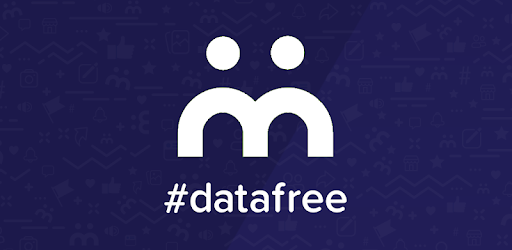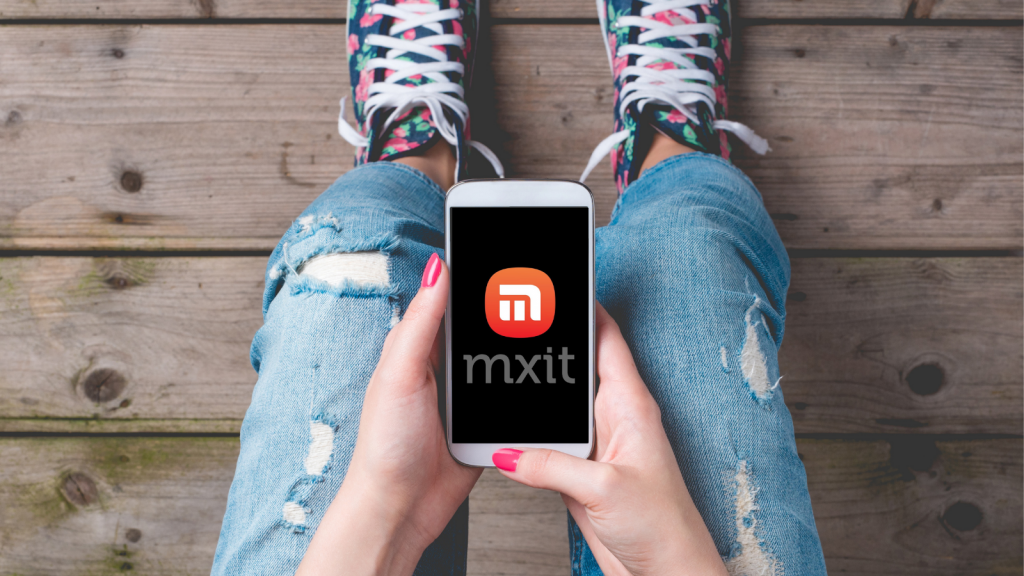This week all hell broke loose when influencers momentarily lost influence, family members lost comms and boomers couldn’t forward conspiracy memes. Facebook and its suite of apps, which includes WhatsApp and Instagram went down for about 6 hours, and if you didn’t notice, we applaud you. It did spark a conversation that is needed: where are the competitors?
On Tuesday, South Africa’s new communications minister Khumbudzo Ntshavheni spoke to the press about the outage. She mentioned that local developers should focus on offering local users worthy replacements for the affected suite of apps.
SA used to have just that. Think back about eight years: South Africa had a wildly successful instant messaging platform called Mxit. In 2013 it had 7.4 million active subscribers, according to World Wide Worx. It was backed by Naspers but went down two years later thanks to the rise of (then not owned by Facebook) WhatsApp.
“South Africa needs to support young people and citizens to develop social media platforms that we use,” said the minister, who was transferred in August from the department of small business development.
“We cannot be dependent on the West for our technological environment, we must drive this ourselves as a country,” the minister details.
Apparently, the ministry is working with the state-owned IT firm Sita to develop local social media apps. But it should turn its attention to the booming private sector.
We have our Mxit, by another name
 Moya Messenger is South Africa’s own zero-rated messaging app that offers far more than just chat features. While it’s by no means flawless, it’s an easily accessible platform that doesn’t tap your data while in use.
Moya Messenger is South Africa’s own zero-rated messaging app that offers far more than just chat features. While it’s by no means flawless, it’s an easily accessible platform that doesn’t tap your data while in use.
It’s a #datafree messaging app that launched in South Africa in 2018 and even launched its own payment portal that functions in the existing app called MoyaPayD. The new feature allows users the ability to send and receive money in an app that doesn’t charge data or airtime, making it essentially ‘free’ to use.
Moya’s model is an interesting one. The company has a deal with local mobile networks that allows them to zero-rate their app for certain functions (like sending text messages, accessing certain news sites, and now payments). In return, they serve users short video ads that generate money for them, with which they pay the mobile networks for the data used.
Source: BusinessTech




